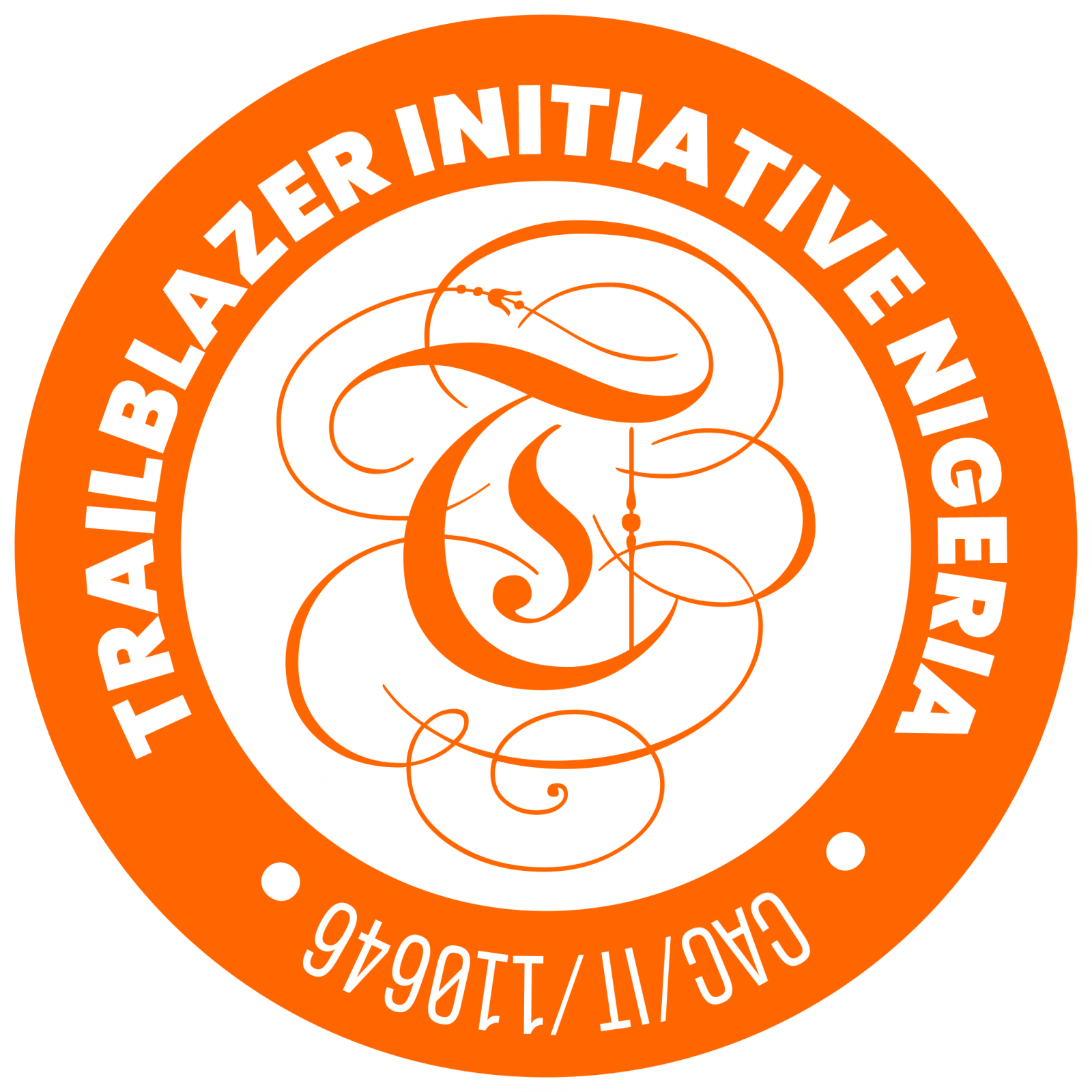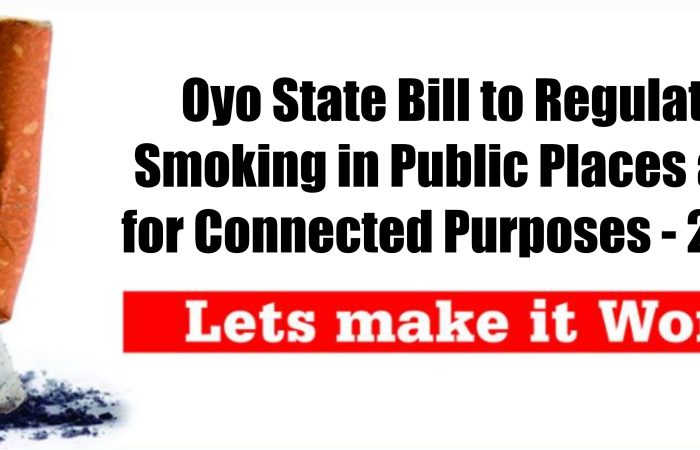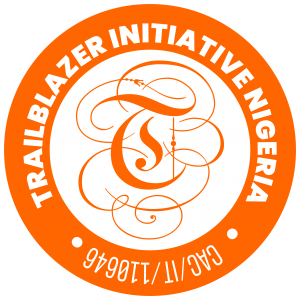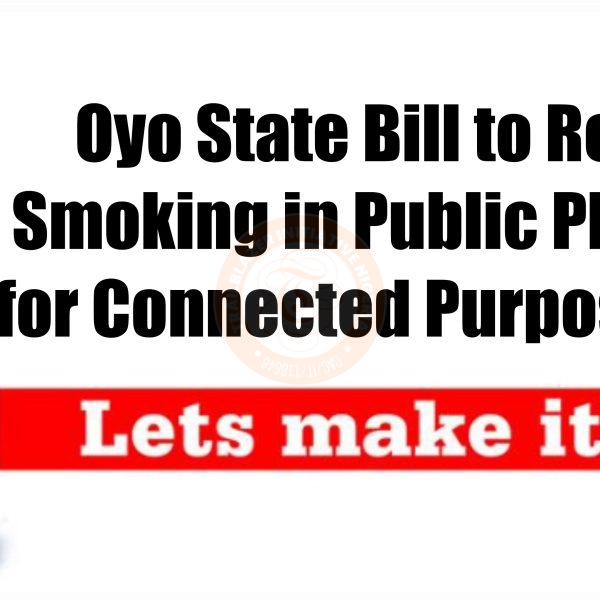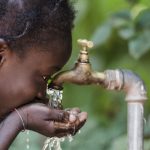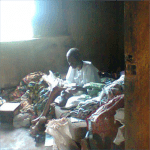While the UN High Level Panel on Post 2015 has declared that we can end poverty in our lifetime, it is clear that women across the globe are becoming increasingly impoverished and if we do not transform the current political, cultural and economic systems by placing women at the heart of development, we will not be able to achieve an end to poverty.
If the members of the panel are serious about eradicating poverty and inequality, they will consider the following points as they draftrecommendations to the UN Secretary-General:
• Combatting all forms of gender-based violence is essential to end poverty. Violence against women (VAW) is a structural driver of the increasing feminization of poverty. VAW has been identified as the #1 priority in the e-discussion on Gender Equality that was held as part of the Global Thematic Discussion on Inequalities. The HLP should prioritize ending violence against women and its intersection with increasing poverty.
• Stemming and reversing the feminization of poverty and the structural drivers of women’s poverty and inequality, including lack of access to land ownership and property, among others, should be prioritized by the HLP.
• Caste, Class and Ethnicity perpetuate poverty as social and cultural norms are discriminatory and have a devastating effect on a women’s livelihood.
• Both formal and non-formal education has the power to level the playing field for women. Literacy and equality of access for women and girls to quality education should remain relevant targets for post-2015 education and development goals.
• The impact of climate change has a devastating effect on women, their families and communities. Worsening natural disasters due to climate change has deepened povety for women and contributes to generational poverty. The HLP must emphasize the link between climate change, worsening natural disasters and women living in poverty.
• Land grabbing and the “extractives development model,“ the nexus of government sanctioned mining and other extractives industries, is an assault on the dignity and soveriegnty of women, their families and their communities. The HLP must bring attention to the impact of these unsustainable methods and their devastating effect on perpetuating poverty for women.
• Current models of measuring economic activity do not take into account unremunerated work, such as the care economy and social reproduction. The HLP should ensure in new economic measures.
• Full employment and decent work, and ensuring universal and affordable access to social protection is a pillar for achieving women’s economic independence.
• Moreover, we need a new development paradigm that works for women, includes women, particularly the voices of socially-excluded, disenfranchised and marginalized women, as part of the solutions and in the decision-making.
GENDER EQUALITY TO END POVERTY
